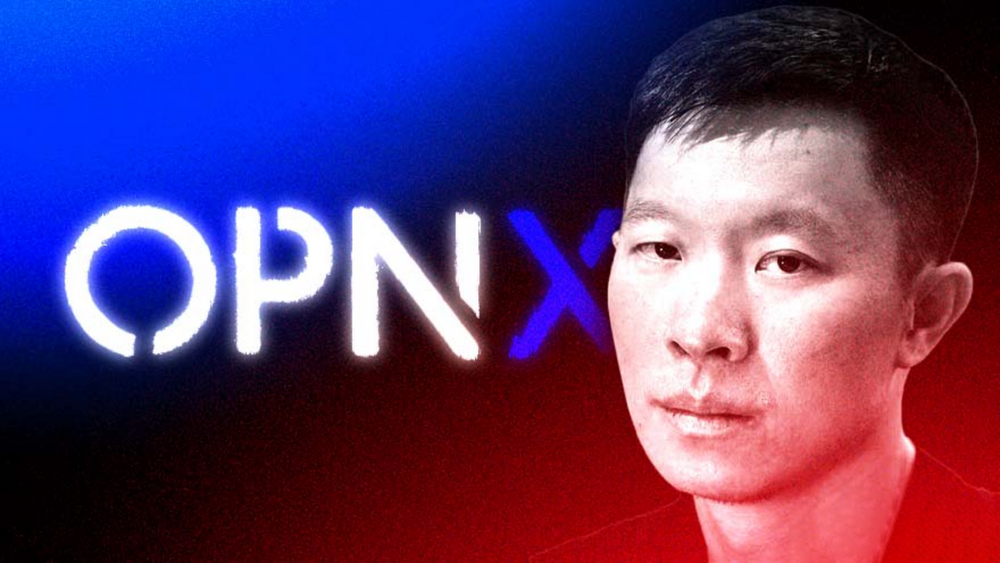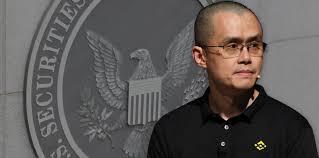Libra's five board members were freshly released, and a16z said that its initial intentions have not changed.
Today, Libra's head David Marcus revealed on Twitter that members of the Libra Association, including himself, a16z partner Kathryn Haun, Xapo CEO Wences Casares, Kiva chief strategy officer Matthew Davie, and PayU general counsel Patrick Ellis, a total of five people were elected as board members.

With the successive withdrawal of MasterCard, Visa, eBay, Stripe, Mercado Pago, PayPal and Booking, Libra has suffered a huge blow. Perhaps in order to reinvigorate the public's confidence, the Libra Association began to hold meetings and appoint board members.
According to Libra, the conference involved 1,500 entities that showed great interest in the Libra project.
- QKL123 Quote Analysis | Bitstamp is now a large transfer, is a managed transfer BitGo? (1015)
- Observation | The total amount of USDT in Ethereum is close to the Bitcoin network, and the revenue of Bitcoin miners exceeds US$15 billion.
- The blockchain national team is here! National Information Center and UnionPay jointly released blockchain service network
After attending this meeting, a16z partner Kathryn Haun publicly expressed his support for Libra on social media.
Haun said that Libra's goal is to build a global payment system and financial infrastructure that allows billions of people to send money, just as easily as sending an email.
She believes that the evaluation of Libra from a global perspective, the United States tried to block it before the launch of Libra, in fact, is at great risk, it is likely to be the leader in this emerging technology.
Haun said:
“Although some of the founding members’ lists have changed, we will remain committed to Libra’s goals and continue to believe in what we said in June.”
In June of this year, Haun had already issued a document indicating support for the project just after the Libra project was just released.
Haun pointed out in the article that the Internet has brought about tremendous changes in human life for decades, but its development is still in its early stages. The blockchain is an upgrade to the Internet that can help us transition to the value Internet. In the world of value Internet, the safe and rapid transfer of value is the most basic requirement. This is the reason for their establishment of cryptocurrency investment funds, and their original intention to join the Libra Association, that is, to achieve the popularity of cryptocurrency, you can feel:
The Internet has changed almost every aspect of our lives and brought us together, which was unimaginable a decade ago. Today, we work with colleagues, keep in touch with friends and family, learn new topics, and even order food and cars – all through our mobile phones or computers.
Despite these advances, the development of the Internet is still in its early stages. Although the information Internet has been successful, we have not yet realized the value of the Internet. The value of the Internet will bring a world in which real money – not just promises – can be sent to the world safely and at the lowest cost. In other words, we should be able to send money over the Internet as quickly and easily as sending photos and emails.
In an era where everything can be solved online, simply and easily delivering value is increasingly becoming a basic human need. Participants in the global economy should not be bound by the outdated financial system. Digital payment apps are common in developed countries, but the cost and fraud rates are relatively high, and cross-border payments have limited functionality. People in developing countries are often plagued by slow and expensive payment schemes. More than 2 billion people do not have bank accounts, and although most people without bank accounts have smartphones, the existing financial system does not seem to offer solutions that allow them to integrate into the modern economy.
We believe that the blockchain is the key to upgrading the Internet and making its core structure profitable. The blockchain makes digital currency an unregistered tool, which means that the payee can verify that he or she has received the money without having to trust the sender or a third party (such as a bank). The blockchain also allows developers to develop freely, just as Facebook and Google are free to develop on the original Internet protocol. Because the blockchain is decentralized and open source, you only need to trust the code, not the people and organizations behind the code. In the blockchain world, Internet services can be quickly combined, forked, and reorganized, unlocking new possibilities for developers. That's one of the reasons we set up the a16z encryption fund, and we've invested heavily in existing blockchains (such as Bitcoin and Ethereum) and the upcoming blockchains (such as Dfinity and Celo). Considering the early stages of password innovation, we are investing in a variety of different applications.
This is why we joined the Libra Association as a founding member. Libra is a new global monetary and financial infrastructure built on blockchain technology. Libra brings together a group of world-class partners, including technology companies, financial services companies, popular user-friendly platforms, companies at risk of cryptocurrencies, and non-profit organizations.
With the goal of achieving cryptocurrency, these organizations can help Libra reach a large number of users, businesses and developers. It is important to value developers. The Libra network is open source and will be unlicensed in the future, which will allow developers and entrepreneurs to create freely here, helping to accelerate the acceptance of user-friendly password apps by the mainstream world.
Today is the first day of Libra's departure. Given the size and ambition of the project, there are still many unresolved issues in its operations – some are technical issues, some are financial issues, and some are governance-related issues. In the coming months, we plan to participate in discussions within the Libra Association to help resolve these issues. We hope to contribute in a way that is both faithful to the most primitive cryptography and that allows mainstream users to use the technology, so that cryptocurrencies are ultimately in the hands of billions of people around the world.
We are happy to join the Libra Association and help the value of the Internet become a reality.
We will continue to update Blocking; if you have any questions or suggestions, please contact us!
Was this article helpful?
93 out of 132 found this helpful
Related articles
- Science | Compound cToken and related core functions
- Research Report | Cryptographic Liquidity Analysis: BTC, ETH and Stabilizing Coins are the most liquid assets
- Suspected fraud or trading volume is zero? Inventory the reasons why the year's encryption project disappeared
- Does Tether manipulate the market?
- Cross-border big frame: C-position of "emerging" station, "classical" sides
- A number of mining machines approached the shutdown line, and only half a year later, the mining machine has to sell it?
- I understand the current status of blockchain games: To what extent is it going to happen, will there be hope in the future?






